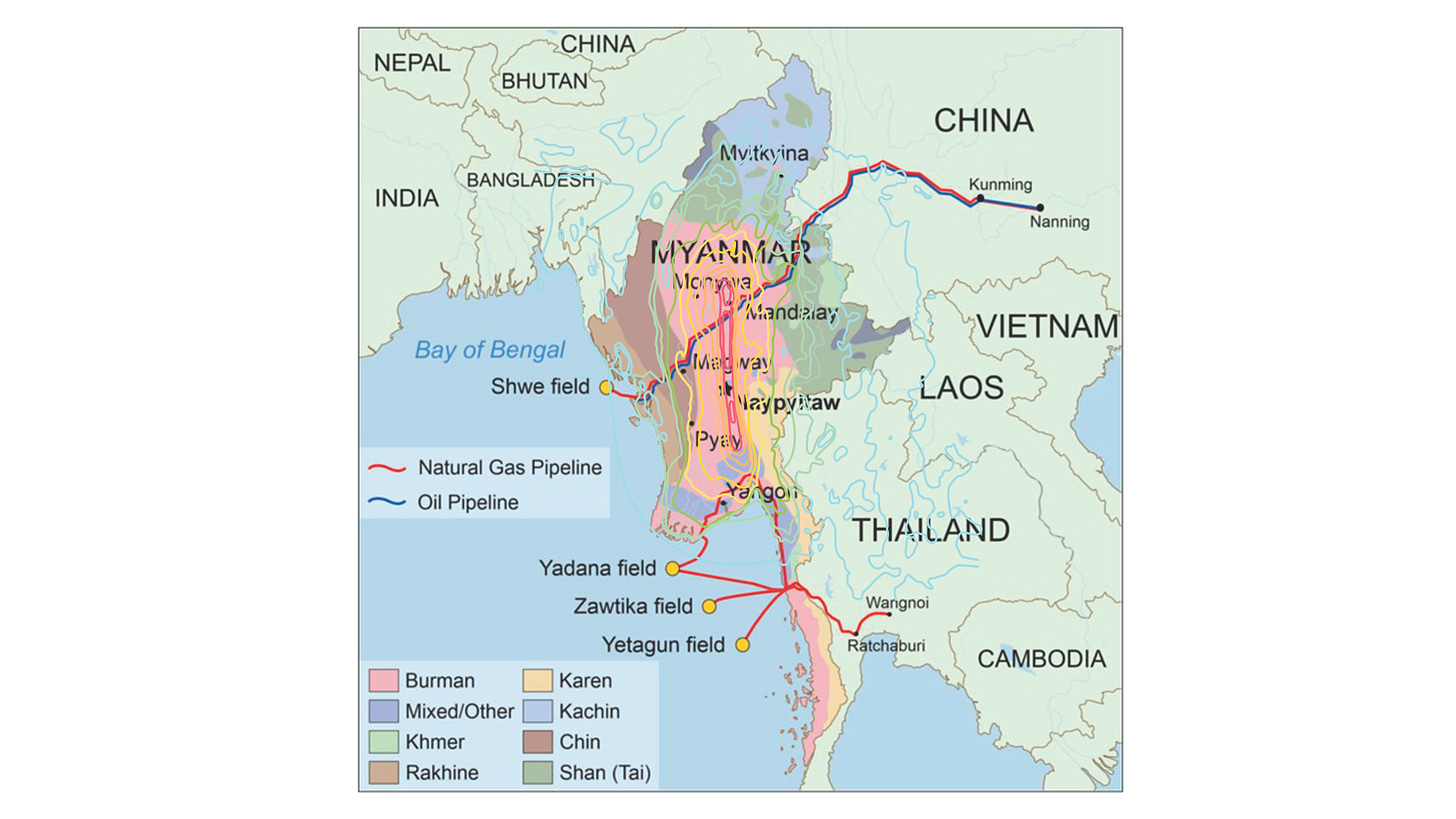Only China has the power to prevent Myanmar’s earthquake disaster from spiraling into a regional calamity. Beijing has been the single largest and fastest donor, dispatching rescue teams, heavy equipment, and hundreds of millions of dollars in reconstruction pledges since the March 28, 2025 earthquake, while protecting its strategic investment from Mandalay to the Indian Ocean corridor. With that dominance comes responsibility. If China wants border stability, remain the decisive power in Myanmar, and retain the moral high ground it must use its unrivaled access and logistical muscle to force the junta to lift aid blockades, open the skies to international relief flights, and allow neutral agencies to reach the four million plus survivors still waiting for help. Malnutrition is spiking, cholera is a risk, and mass exodus towards Myanmar’s neighbors, including China’s Yunnan Province, could overwhelm the border regions. So far, Beijing’s appears frozen on geopolitical control rather than humanitarian urgency. Its public statements continue to endorse the same generals whose artillery still pounds quake‑shattered villages. If China really seeks stability, it must act decisively now. Influence without responsibility is a moral failure and a strategic one.
Some of key problems:
• Hospitals remain understaffed and damaged, with healthcare workers purged by the junta before the quake now desperately short of supplies.
• Opposition grassroots networks are delivering the bulk of aid in conflict zones, underscoring the junta’s selective relief strategy.
• Only 36.5 % of the UN earthquake addendum is funded, leaving critical gaps in food, water, and shelter.
• The World Bank forecasts a 2.5 % GDP contraction for FY 2025‑26, driven by US$11 billion in direct quake losses (~14 % of GDP).





